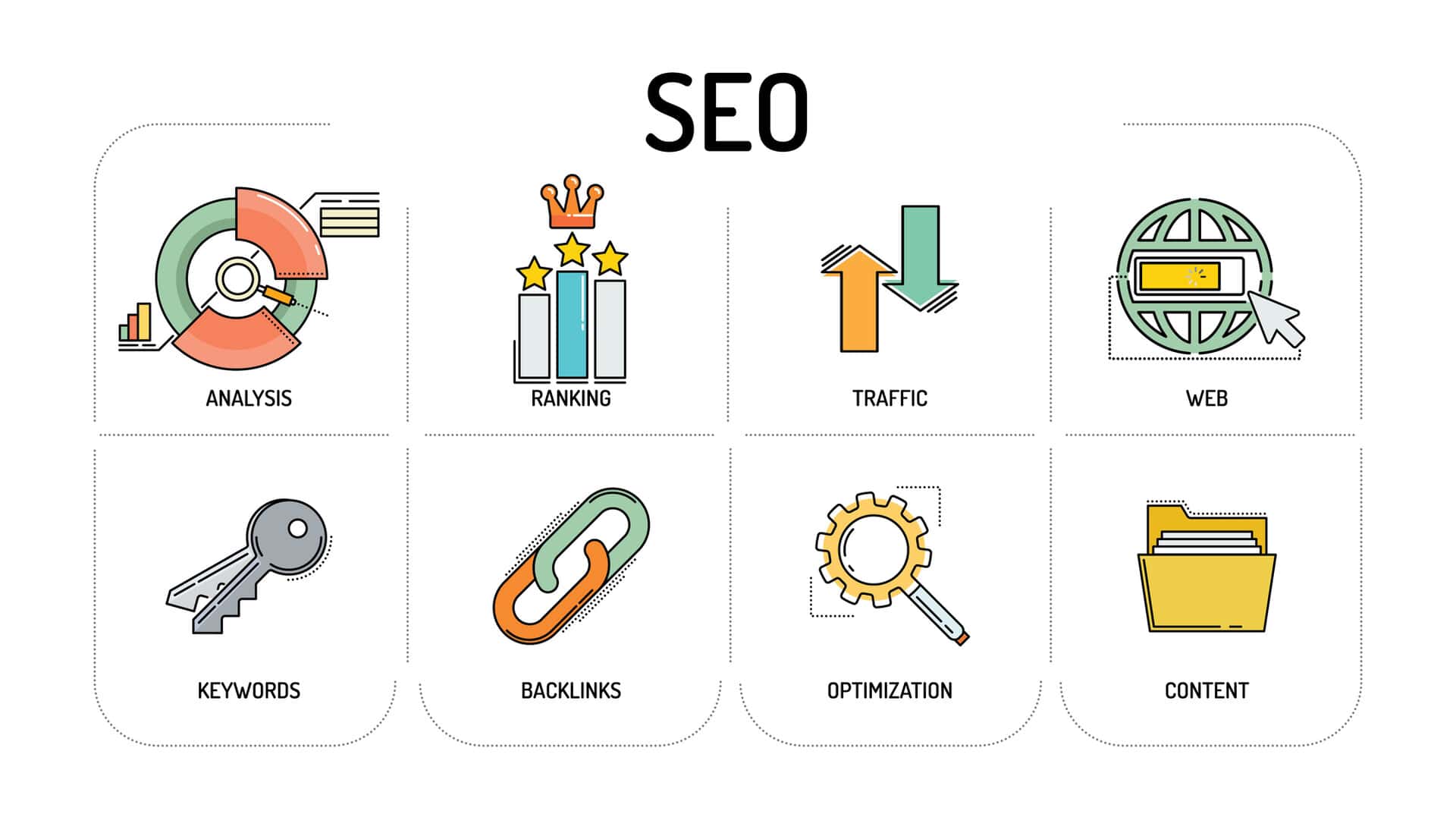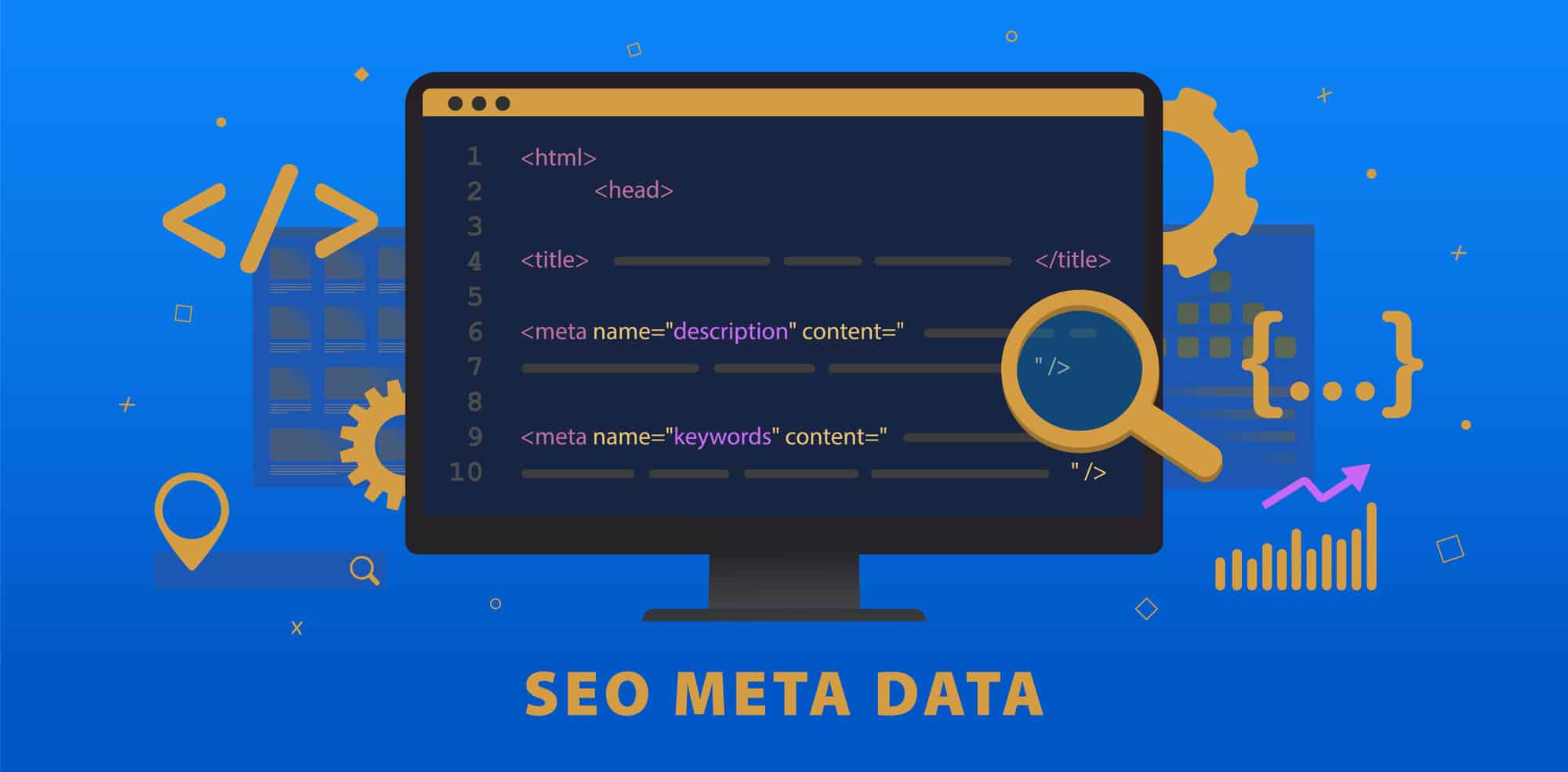
7 SEO Terms and What They Mean

According to research, 50% of web traffic comes from search engine searches, making search engine optimization (SEO) essential for anyone doing business online. Of course, the digital marketing landscape comes with many acronyms and jargon. To understand this landscape, here are seven SEO terms you need to know.
7 SEO Terms You Should Know
A lot of SEO terminology may appear familiar at first glance. For example, “traffic” is a word that commonly appears on news reports and in small talk. On the web, “traffic” means something similar but in a different context. Rather than applying to cars, it describes website visitors.
Understanding these new definitions is essential to working with SEO experts. At BKA Content, we customize marketing to each company’s needs and regularly chat to communicate progress. While top professionals make these conversations as accessible as possible, communication is much smoother when clients have a basic knowledge of SEO terms. Having these phrases at your disposal also helps you ask for what you want.
That said, there are hundreds of terms used in SEO. Where do you start in a field that expands by the day? We recommend looking over these seven SEO terms for beginners.
1. Keyword

Keywords are the cornerstone of any SEO campaign. This term describes words or phrases purposefully incorporated into website content to appeal to search engine algorithms.
For best results, keywords should relate to the content creator’s services or goods. For example, if you offer carpet cleaning services, the following would be excellent keywords:
- Carpet cleaning services
- Steam cleaning
- Professional rug cleaning
Keywords can even narrow your audience to your local area. “Carpet cleaning near me” and “carpet cleaning in [city]” are excellent examples.
You can also utilize keywords to draw traffic to website blogs. These phrases can be more loosely connected to your services, as they’ll appeal to internet users doing research:
- How to get wine out of carpet
- Clean carpet stains
- Pet stains on carpet
Keyword research is a massive part of the SEO process, as various phrases target different audiences.
2. Indexing
“Indexing” is one of the most important SEO terms to know, even if you don’t use it often. How do search engines know which pages to list on a results page? The answer is indexing.
A search index is like a vast digital library with websites as books. When a user types a query, the algorithm searches through the index for websites with the best answers. The algorithm uses several pieces of information to do this:
- Presence of keywords
- Updates to content
- Presence of additional media, such as images and videos
- Number of links on third-party sites leading to the page
Indexing is the process of web crawlers going over a webpage for this data and logging it in the search index. Getting a website indexed requires no effort, as the crawlers will get around to it eventually. However, you can impact how quickly your pages enter the index and their rankings for keywords.
3. Backlink
“Backlink” shares a definition with several other SEO terms:
- Inward link
- Inlink
- Inbound link
- Incoming link
These links lead to your landing pages. They may appear in your content, such as social media and blog posts, or they may show up on third-party pages, such as magazine articles.
Web crawlers place a lot of weight on the number and quality of backlinks a page receives. The higher the number of high-quality sources, the better, as this indicates your content is reliable and worth sharing.
4. Algorithm
You’ve likely heard of algorithms regarding social media platforms. Those algorithms generate content suggestions based on your interests and popular posts.
In SEO terms, algorithms function differently. The algorithm generates a list of links relating to the search query. It determines the top options based on ranking factors.
Over 200 ranking factors influence a single Google search engine results page. As a result, anticipating the algorithm can be complex, especially since search engines update the formulas regularly and without notice.
Our SEO Experts Can Help You Launch Your Next Campaign
Our experienced professionals can design, launch and monitor an SEO campaign tailored to your unique needs.
5. SERP
SERP stands for “search engine results page.” This page generates when you type a query into a search engine. Each page contains several links accompanied by the following information:
- Website name and URL
- Page title
- Short “snippet” from the webpage
The algorithm lists the links in order of how well they answer the user’s question. Some results return millions of hits and hundreds of SERPs, while others have a single page. Getting on the first page is essential, as most users don’t look further.
6. Meta Description

When you see “meta” in SEO terms, it usually refers to information included in the backend of a website. Meta descriptions and meta titles (also called title tags) are two examples.
A meta description is a short description of your content, generally no longer than 160 characters. It’s a great place to include keywords, as search engines often display it as a website “snippet” on SERPs.
Meta titles appear on SERPs as clickable webpage titles. They’re also excellent places for keywords, as they’ll draw users’ eyes.
7. KPI
KPI stands for key performance indicators, also known as metrics, indexes, lead indicators and performance indicators. These quantitative data points allow you to track the effectiveness of your SEO campaign. When you work with SEO professionals, they’ll collect and analyze this data, then review the reports with you to determine the best course forward.
The following are some of the most important KPIs and SEO terms in their own right:
- Average position
- Average time on site
- Bounce rate, click-through rate and conversion rate
Tracking this information shows how many people visit your page due to SEO and whether they’re the appropriate audience. Sudden changes may also indicate an algorithm update.
Your Experts in SEO Terms and Strategies
The BKA Content team can help you build an SEO strategy from the ground up. Whether you’re new to SEO terms or have run your own marketing before, we’re excited to work closely with your company. Get started now to boost your online visibility.
- How To Fix Broken Internal Links - December 12, 2024
- 10 Internal Linking Tools To Help With SEO - December 10, 2024
- Are Redirects Bad for SEO? - December 5, 2024

